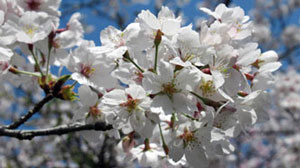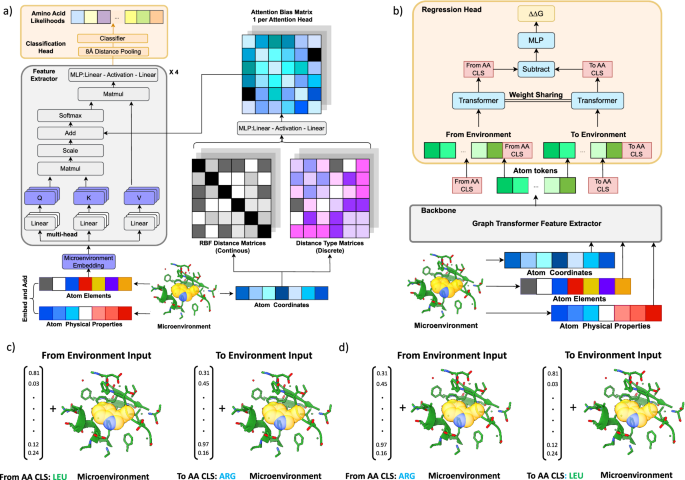2024-09-25 ノースカロライナ州立大学(NCState)
<関連情報>
- https://news.ncsu.edu/2024/09/microaggressions-sleep-and-black-women/
- https://psycnet.apa.org/record/2025-27499-001
オンラインおよびオフラインでのジェンダー化された人種的マイクロアグレッションと黒人女性の睡眠の質 Online and offline gendered racial microaggressions and sleep quality for Black women.
Volpe, Vanessa V. Collins, Abbey Zhou, Eric S. Bernard, Donte L. Smith, Naila A.
Health Psychology Published:2024
DOI:https://psycnet.apa.org/doi/10.1037/hea0001408
Abstract
Objective: Poor sleep quality affects Black women in the United States. Black young adult women experience stress from gendered racial microaggressions (i.e., subtle unfair treatment from being a Black woman). Studies of exposure to this stressor have focused on in-person contexts (i.e., offline). Yet Black young adults are nearly constantly online. The current study examines the associations between online and offline gendered racial microaggressions and sleep quality. Method: Data came from a convenience sample of Black young adult women (N = 478; ages 18–35) and were collected online in the fall of 2021. Participants completed an online survey in which they self-reported demographics and COVID-19 stress covariates, online and offline exposure to gendered racial microaggressions, and sleep quality. Utilizing linear (outcome: continuous sleep quality score) and logistic (outcome: dichotomized clinically significant poor sleep quality) regression models, we examined direct and vicarious online gendered racial microaggressions. Results: Most participants (67.2%) reported poor sleep quality. More offline gendered racism (β = .14) and vicarious online gendered racism (β = .14) were each uniquely associated with poorer sleep quality. However, only exposure to vicarious online gendered racism was uniquely associated with a 33% increased odds of clinically relevant poor sleep quality (95% confidence interval [1.09, 1.63]). Conclusions: Offline and online gendered racial microaggressions are stressors with sleep quality implications. Vicarious online gendered racial microaggressions are uniquely associated with lower sleep quality and therefore may be a new avenue for future research and intervention. (PsycInfo Database Record (c) 2024 APA, all rights reserved)



